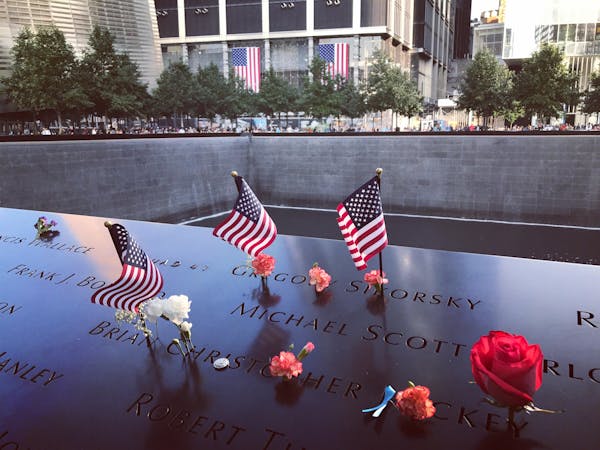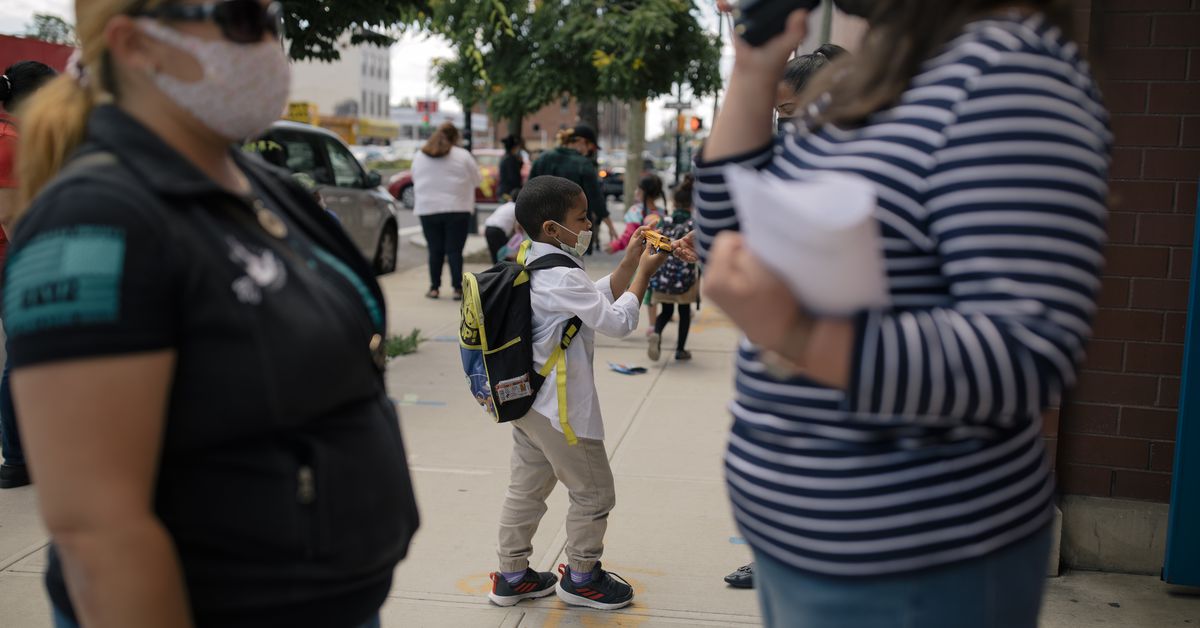Masks, critical race theory among education issues up for Texas’ Legislature’s 2nd special session
This is a developing story and will be updated throughout the day.
Gov. Greg Abbott opened the door for wide-ranging education legislation when he placed several school-related topics on his special session call, which prioritizes bills that deal with COVID-19 vaccines, mask mandates and critical race theory.
Abbott announced Thursday that he is bringing legislators back for a second special session to start on Saturday at noon. He wrote in a proclamation that he’s looking for legislation codifying that masks are not mandatory and COVID-19 vaccinations are “always voluntary” in schools.
He also included a sweeping call for bills related to ensuring “students receive a high-quality education and progress in their learning” and that “in-person learning is available for any student whose parent wants it.”
Abbott’s call allows for legislation that permits districts to offer virtual education to students within their boundaries and receive state funding for it, the governor’s spokeswoman said.
A growing number of school leaders want legislation that establishes a framework and funding for permanent online schools. In the face of rising COVID-19 cases — and while a vaccine is not yet available to millions of school-aged kids — some districts are offering virtual learning for the fall semester anyway.
“Ultimately, we still have to wait and see whether we’ll have a quorum,” said Daniel Stockton, government affairs director in Frisco, where leaders have been vocal proponents of expanding online education. “It makes us more hopeful, but there’s still a ways to go.”
Abbott has already issued an executive order banning school districts from mandating face coverings, ignoring the pleas from educators and families to allow local officials to make that decision. Kids younger than 12 are not yet eligible for the vaccine.
The governor’s call also includes a number of education issues already addressed during the most recent special session, which was upended by House Democrats who broke quorum.
Abbott asked legislators to work on a proposal similar to the “anti-critical race theory” bill that he signed after the regular session. The red-meat issue has mobilized conservatives across the country, even as teachers warn that continued political interference in their classrooms will have a chilling effect.
The governor also called for bills that would provide a thirteenth check for retired educators and would require schools to provide education on dating violence, domestic violence and child abuse to middle and high school students.
Senators approved legislation on both issues in the last month, but legislation stalled once it reached the House floor.
The thirteenth check for retired teachers became a political football during the early days of House Democrats’ quorum break with members of both parties appealing to teachers.
House Democrats said they had backed a similar proposal during the regular session and Republicans didn’t do enough to advance the issue at that time. Republicans countered that they didn’t know then the state would have enough money to support the supplemental paycheck and could only address it during a special session after updated fiscal projections.
Members of the Texas Association of School Boards hope to see two main issues addressed in the special session: more flexibility for school districts on COVID-19 protocols, including the ability to impose local mask mandates, and funding for virtual school.
“All our communities are different, and they should all be allowed to take the safety precautions that they think work for them,” said Dax Gonzalez, TASB’s division director of governmental relations.
Demand for online school in the districts that have opened up a limited number of spots has been great, Gonzalez noted. TASB supports a proposal similar to the one that seemed promising in regular session, but ultimately became a casualty of the elections bill walkout.
Such a proposal would also receive support from Raise Your Hand Texas, an Austin-based education advocacy group.
“We want local, optional plans where school districts get funded … based on attendance,” said Bob Popinski, RYHT’s director of policy. “But with the ability to pull those students back into in-person if they see they are not doing well or when the delta variant cases diminish.”
The DMN Education Lab deepens the coverage and conversation about urgent education issues critical to the future of North Texas.
The DMN Education Lab is a community-funded journalism initiative, with support from The Beck Group, Bobby and Lottye Lyle, Communities Foundation of Texas, The Dallas Foundation, Dallas Regional Chamber, Deedie Rose, The Meadows Foundation, Solutions Journalism Network, Southern Methodist University and Todd A. Williams Family Foundation. The Dallas Morning News retains full editorial control of the Education Lab’s journalism.







